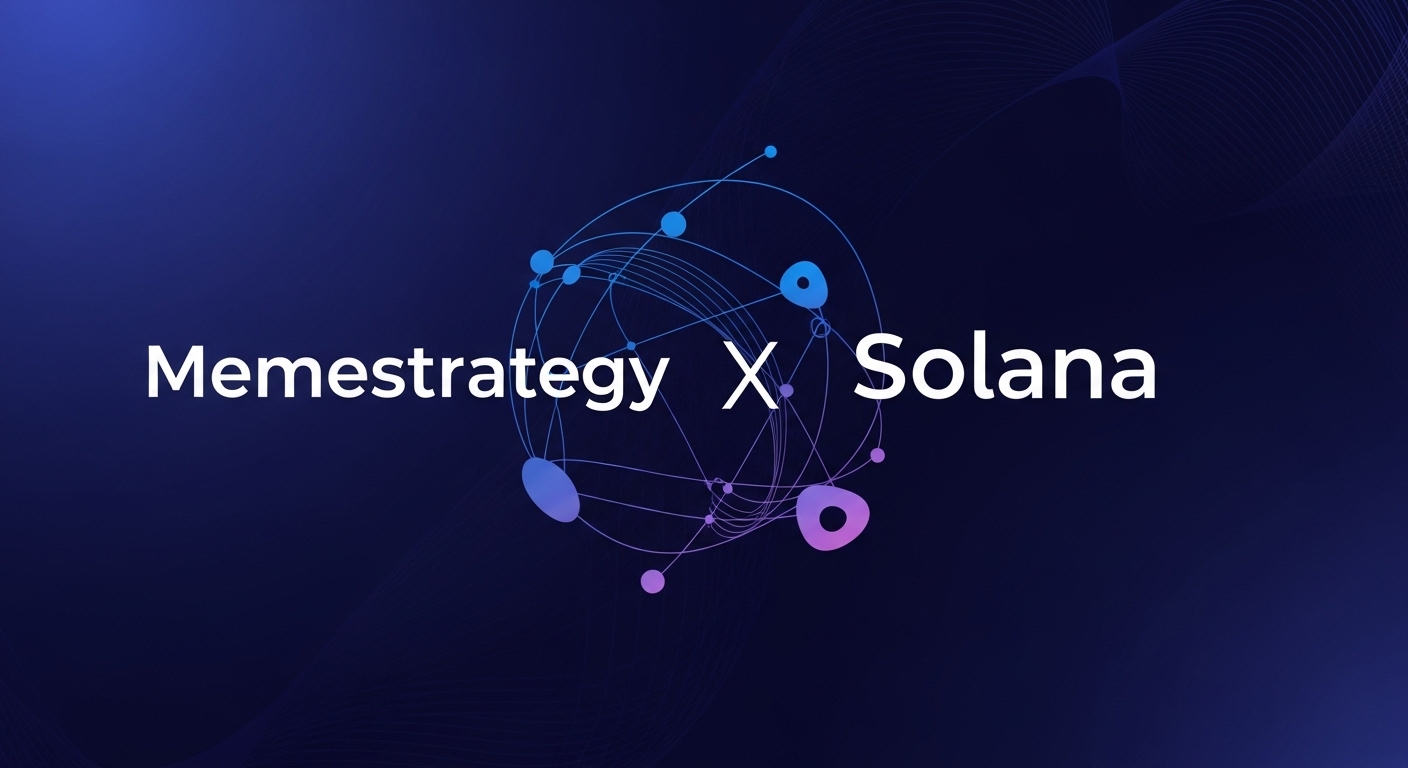More people are starting to wonder how social media really operates. Issues like privacy, censorship, and who handles personal data are growing harder to overlook. Major platforms often gather tons of user information, restrict speech, and make big decisions without much user say.
As a result, many users have started looking into decentralized social media, a novel solution that shifts the power dynamics to users. These social media platforms focus on privacy, transparency, and resisting monopoly governance.
In this case, we will showcase the most top decentralized social networks that are gaining traction in 2025. Be it for a creator, tech lover, or just curious about the future of online spaces, these platforms are supporting the establishment of a freer, more user-friendly internet.
What is Decentralized Social Media?
Decentralized social media offers a fresh approach to online connections, free from the control of any single company. While platforms like Facebook or Twitter are run by corporations, decentralized networks operate on open systems where users share control.
On traditional sites, your posts, messages, and personal details are stored on company servers. They decide what content stays, what gets removed, and how your data is used, usually for ads.
With decentralized platforms, users are placed in full control since they own their profiles, owned content, and even interactions. Instead of relying on a central authority, they use blockchain or peer-to-peer tech to keep things secure and transparent. It’s a shift toward more user power and privacy.
Top Decentralized Social Media Platforms in 2025
These platforms put users in control, ditching big-tech ownership. With privacy-first designs and blockchain tech, they offer censorship-resistant, ad-free networking. Here are the best picks for 2025:
Bluesky
Bluesky is a microblogging app created by Jack Dorsey, the co-founder of Twitter. It operates almost the same way as Twitter but instead utilizes the AT Protocol, a decentralized system.
This affords users greater control over their interactions. One of the most important features allows you to select or even create your own algorithm so that you may curate your feed to your preferences.
The platform has over 34 million users already making it a top contender for anyone seeking a less restrained, less controlled, and liberated social media experience.
Lens Protocol
Lens Protocol is a social media platform built on blockchain technology. It runs on the Polygon network and uses NFTs to handle user profiles, posts, and connections.
This setup gives users full ownership of their content, making it easy to move and secure. Unlike traditional apps, Lens is an open ecosystem where developers can build tools like Lenster and Orb.
Creators can connect with their audience and earn directly, without middlemen. Designed for artists, influencers, and developers, Lens puts control back in users’ hands, helping them get more value from their work. It’s a fresh take on social media, built for the creator economy.
Farcaster
Farcaster is a fully decentralized social protocol that resides on the Ethereum Layer 2 blockchain and enables users to fully control their identities and content.
Farcaster allows for open social graph traversal between applications which means that your identity is not bound to any specific application or ecosystem.
Farcaster enables you to freely move with your posts, followers, and the people you interact with, without any restrictions. It is best suited for people looking to leverage the internet in free, flexible, and dynamic ways due to its increasing popularity and developer support.
Mastodon
Similar to Twitter, Mastodon is a decentralized and open-source network but operates in a completely different manner. Instead of a single organization owning everything, Mastodon comprises several smaller communities known as “instances”.
Each instance has its own governance, moderation, and culture which helps them freely interact with other instances through a common protocol called ActivityPub.
This system design helps users discover communities that reflect their interests or beliefs. It is best suited for users valuing freedom of speech, opposing excessive moderation, and seeking a more user-driven environment.
MeWe
MeWe is the world’s first privacy-focused social network. MeWe put greater emphasis on user control and freedom which comes without privacy breaches, adverts ,or activity tracking, a common phenomenon on contemporary social networking platforms.
Recently, MeWe started to employ blockchain technology to disperse greater access controls to users over data management and sharing policies.
People enjoy using MeWe wanting to experience the conventional feel of social media while ensuring personal freedom and data privacy.
Odysee
Odysee functions as a video-sharing platform that runs on the LBRY blockchain. It is analogous to YouTube; however, content ownership and control rest with the user.
Videos are streamed via a peer-to-peer network which guarantees that no single corporation holds the power to delete them. Content creators earn cryptocurrency with every view their videos receive, and ads are completely optional.
Odysee supports free speech and provides a voice for creators who feel stifled or de-monetized on other platforms. For tired video makers who are sick of the constraints imposed by conventional video-sharing sites, Odysee provides a revolutionary, unrestricted alternative.
Steemit
Steemit is one of the original blockchain social platforms that allow users to earn rewards for content creation and curating. Participation in the platform allows users to earn STEEM tokens by posting comments or even voting, and these tokens can be bought or traded within the platform. It is a combination of Reddit and Medium but includes a payment mechanism.
The platform’s infrastructure is based on the Hive blockchain, allowing for fast and secure transactions. If you’re a writer or a blogger wishing to make money with their content, Steemit is the perfect solution and the best place to start.
Conclusion
Decentralized social media platforms are taking shape as we move into 2025, and for many users, this offers a different level of freedom, privacy, and control. If you are a content creator who wants to earn directly from your creation, a user conscious about privacy, or someone fed up with centralized algorithms, there is a platform for you.
Platforms like self-service social media MeWe which has a focus on privacy, Lens Protocol which puts creators first, and Bluesky which looks like Twitter provide new visions of the social media world. These platforms, along with their counterparts, still have challenges in gaining acceptance and dealing with complex user interfaces, but it’s clear that the direction of online interactions is changing.






